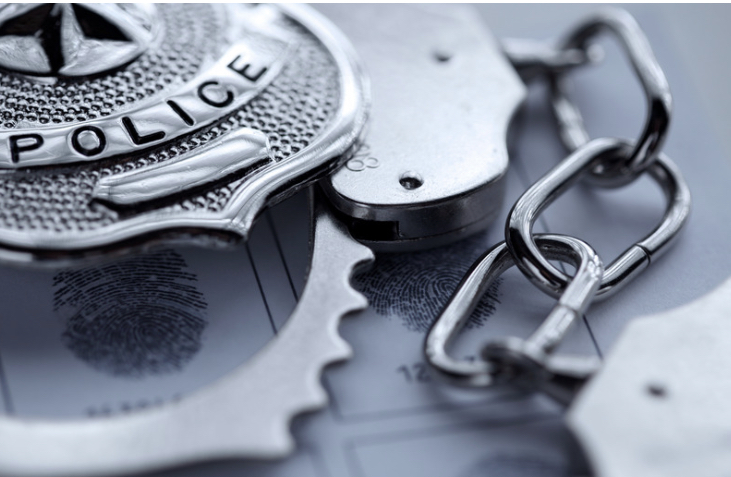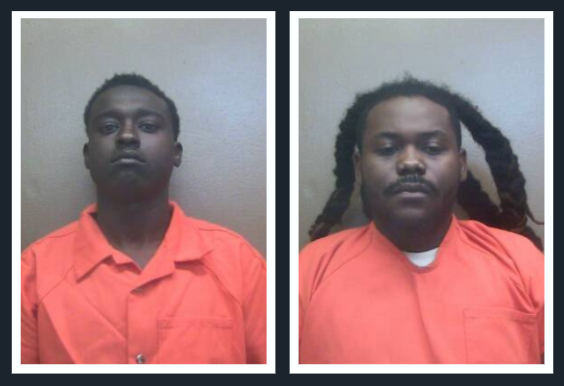A historical marker now sits across from the front entrance of the Mississippi State Penitentiary at Parchman on the side of U.S. 49, memorializing the state’s recognition of the civil rights activists known as Freedom Riders jailed at its oldest prison in 1961.
One of the persons held with the Freedom Riders attended the unveiling and later stood for the first time at the Unit 17 cell area where he had been locked as a 13-year-old boy.
“This has been one heck of a day to come back and visit a place, a place I hate, a place that took so much at an early age,” said 75-year-old Hezekiah Watkins of Jackson.
The experience at Parchman Tuesday was totally “different from what I’ve been led to believe about Parchman,” said Watkins, who acknowledged that he had to be persuaded to attend the unveiling of the “Freedom Riders at Parchman” marker. “I got a firsthand view that things have changed.”
The marker is another symbol of Parchman’s new image, said Superintendent Marc McClure. “We have to recognize our history so that we don’t repeat it,” he said. “We are burying the past, but not leaving it behind.”
W. Brother Rogers, Programs and the Communications Division director at the Mississippi Department of Archives & History, said the story of the Freedom Riders is local, state, and national history.
“This is a nationally significant Mississippi civil rights site,” Rogers said before the racially mixed crowd of about 30 people. “Today, this historical marker will help it to be remembered. What I like about historical markers is their permanence. You and I know that this history is important. But long after all of us here are gone, generations yet to come will know of its importance because of this permanent historical marker.”
Rogers said the state has recognized “the injustice done to the Freedom Riders at Parchman.”
“Thank God for their courage, and thank you to the leadership of the Department of Corrections for honoring their important role in our state and our nation’s history.”
MDOC Commissioner Burl Cain commended the Parchman staff for pursuing the historical marker and working on getting a museum on prison grounds. “Things like the museum and the historical marker are critical in reminding us to never go back to what was bad but to look forward to what is good,” he said.
Getting the marker culminated in months of planning by staffers Teirsen Olivier and Patricia Reed. The Board of Trustees of the MDAH approved MSP’s application for the historical marker in May.
“Director Reed and I are overjoyed to be a part of such a historic day for the state of Mississippi and MDOC,” said Olivier, business manager for the prison. “Mr. Watkins’ acceptance to attend the event made it extremely special. We plan to continue the work through the museum and share the rich history of the State of Mississippi. We must say that today was a great day!”
Watkins, soft-spoken voice quivering with emotions, briefly talked about his time while housed at Unit 17 with adult male prisoners who were strangers.
Afterward, Superintendent McClure embraced Watkins and later gave him a ceremonial key to Parchman.
Watkins said he never set out to be a Freedom Rider and was not one the day he ended up at Parchman. Rather, his friend pushed him into the bus station where the Freedom Riders were and he was arrested along with them.
“That was the worst day of my life,” he said. “Scars are still present inside that will be with me until the day I die.”
But he is proud of the change that he helped bring to Mississippi.
“I was part of that change that made Mississippi the new Mississippi that it is today.”





















